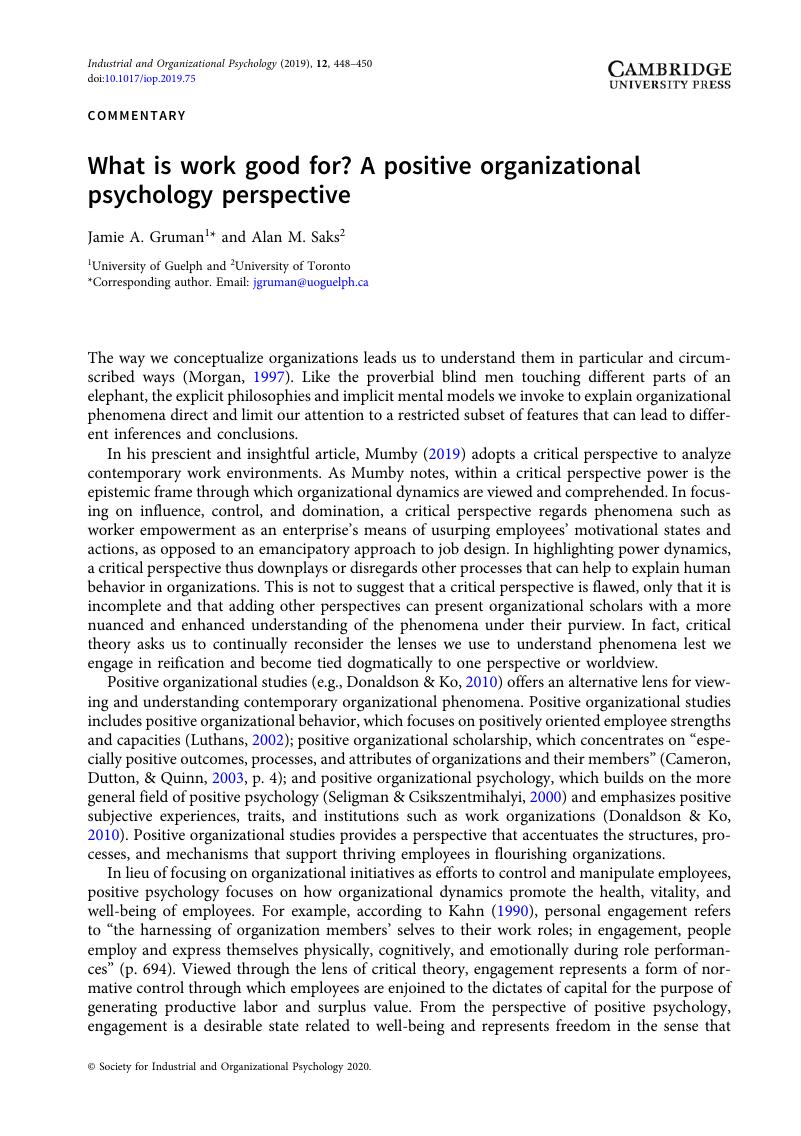Crossref Citations
This article has been cited by the following publications. This list is generated based on data provided by Crossref.
Gruman, Jamie A.
and
Choi, Ellen
2020.
The Palgrave Handbook of Workplace Well-Being.
p.
1.
Gruman, Jamie A.
and
Choi, Ellen
2021.
The Palgrave Handbook of Workplace Well-Being.
p.
169.
Jimenez, William P.
Hu, Xiaoxiao
and
Xu, Xiaohong Violet
2022.
Thinking About Thinking About Work: A Meta-Analysis of Off-Job Positive and Negative Work-Related Thoughts.
Journal of Business and Psychology,
Vol. 37,
Issue. 2,
p.
237.
Ragadu, Suzette Cora
and
Rothmann, Sebastiaan
2023.
Decent work, capabilities and flourishing at work.
Mental Health and Social Inclusion,
Vol. 27,
Issue. 4,
p.
317.
Sani, Kareem Folohunso
Harrison, Michael
and
Adisa, Toyin Ajibade
2024.
Managing and resourcing Nigerian banks’ diasporic operations in the UK: An empirical study.
Journal of General Management,



